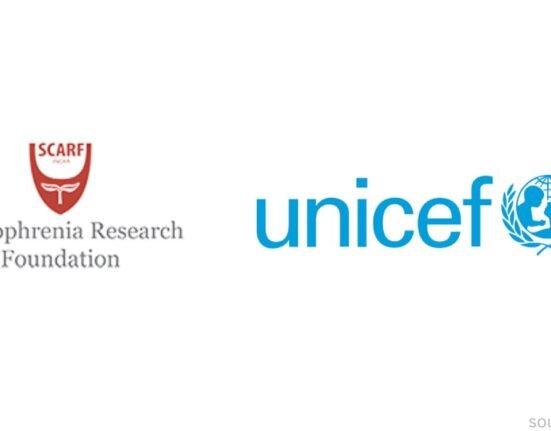Almost 300 academics from around the world have signed an open letter to Mark Zuckerberg seeking greater transparency and independent management over Meta’s juvenile mental health research. They claim that Meta’s research is being conducted behind closed doors and without independent monitoring. Knowing the impact of social media on adolescent mental health is “an industry-wide issue,” according to a Meta spokesman. According to a recent poll, more US youths use Tik-Tok and YouTube than Instagram or Facebook. Access to independent research is required, which is why we need an industry-wide effort to explore the impact of social media on the lives of young people. ‘The letter urges “independent and transparent analyses of all previous, current, and future research” on adolescent mental health, as well as involvement in independent studies, particularly those done in non-English speaking countries.
According to one signatory, there is “absolutely no openness in terms of the research that’s going on.” Independent scientists do not have access to the data stored on Facebook. In the lack of transparency, extremely bad media stories have proliferated, and it’s tough to dismiss any of them if you don’t know what’s going on. Dr. Modecki, on the other side, stated that Meta’s study criteria were “completely vague.” There is an agreement that research must be undertaken on Facebook. It does not, however, occur concurrently with independent scholarship.” “In some ways, the lack of access to truth supports the impression that everything is poisoned, that everything is bad,” she added.
Frances Haugen is an American data engineer and scientist, as well as a product manager and whistle-blower. In 2021, she gave the Securities and Exchange Commission and the Wall Street Journal access to tens of thousands of internal Facebook papers. It comes only two months after whistleblower Frances Haugen testified before the US Congress that Facebook harms adolescent users and “actively hides vital information from the public.” During the conversation, Haugen talked about the Civic Integrity Facebook effort, which was created to tackle disinformation and other threats to election security. The effort was canceled after the 2020 election, which Haugen condemned as a “betrayal of democracy” and which she felt contributed to the 2021 attack on the United States Capitol. What I witnessed on Facebook time and again was a conflict of interest between what was good for the public and what was good for Facebook, Haugen observed, and Facebook has repeatedly decided to optimize for its own interests, such as revenue growth.”
“Associate Professor Kathryn Modecki of Griffith University’s School of Applied Psychology, one of the 286 signatories so far, stated that “the sole objective here is outstanding, rigorous science.” Access to Meta’s internal data, according to Dr. Modecki, would be “the most unparalleled opportunity that exists in terms of aiding adolescents.” “Within Facebook, there is an acknowledgment that study is required. Meta has also launched new Instagram features to “nudge” kids away from toxic content and encourage them to “take a break.” She claims that having access to Meta’s internal data would be “the most unique opportunity in terms of aiding youngsters.” According to Dr. Modecki, external research on the influence of social media on mental health has shown “mixed results.” However, we do not believe this to be a widespread negative outcome and have found evidence that demonstrates that youngsters who use the internet moderately may be able to cope with stress.”
Facebook responded on its website, saying that research cannot be used to justify violating people’s privacy. Facebook has blocked access to the Ad Observatory Project at NYU and its operators. The NYU researchers collected data by developing a browser plugin that was designed to avoid detection by our algorithms. The extension also gathered information on Facebook users who did not install it or provide their consent to the gathering. We took these steps to prevent illegal scraping and to safeguard people’s privacy in accordance with our privacy program mandated by the FTC Order. Facebook has barred NYU’s Ad Observatory researchers from obtaining ad targeting data for the US 2020 elections using FORT’s Researcher Platform. The NYU researchers compiled a more extensive data collection than the one they obtained from scraping Facebook data. Scraping data is an industry-wide issue that jeopardizes people’s privacy, and we’ve been explicit about our public stance on this as recently as April.












Leave feedback about this